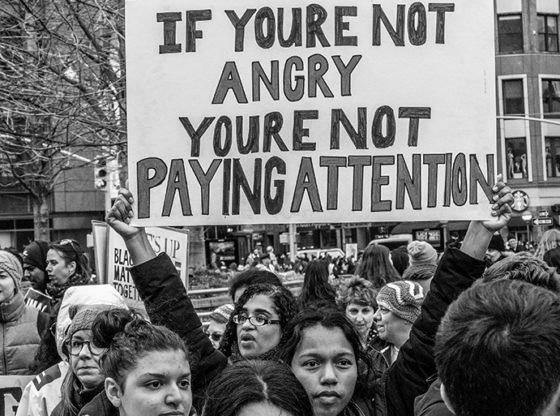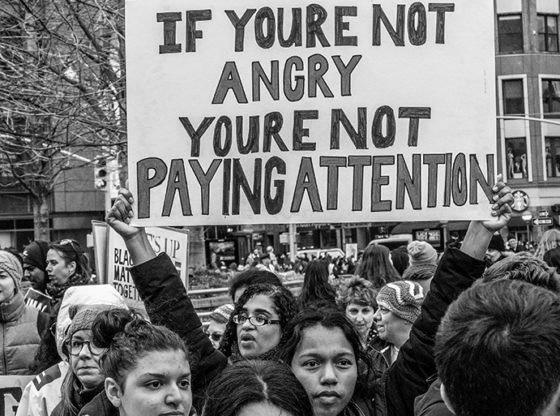The coveted “college experience” is one of the most appealing things about registering for higher education. A hard truth that comes with said college experience is the constant, elevated risk of assault, harassment, and sexual violence on university campuses. Sonoma State’s Office for the Prevention of Harassment and Discrimination (OPHD), formerly known as the Title IX office, is in charge of controlling and decreasing said risk and, according to students, they haven’t put much effort into the issue in recent years.
According to the Sonoma State website, “OPHD is a prevention, response, and compliance office that focuses on sexual misconduct, sexual harassment, dating and domestic violence, stalking, harassment and discrimination based on protected status, and retaliation. It is our commitment to the Seawolf community that we will work to provide an environment that is safe and equitable for all.”
Every semester, the OPHD requires students and staff to complete an online training course about sexual assault and consent in a college setting. This seems like a great way to educate and prevent sexual assault on the surface level, but really it’s just the university doing the absolute bare minimum.
What usually happens with these training sessions is that, while everyone does complete them, nobody pays attention to the content. The format is easy to skip through and ignore without absorbing any of the information. The only reason anyone completes them in the first place is because the university threatens to disenroll those who don’t.
SSU alumna Emily Marfia said, “Every time I’ve done {the sexual assault training}, I’ve had people in my classes and dorm areas ask if they can send each other the answers. There needs to be a larger mandated conversation.”
On top of the fact that the information in these courses goes in one ear and out the other for most people, the videos can be quite triggering for survivors of sexual assault. There is an option to meet with SSU’s confidential advocates for those who expect to be triggered by the course material, basically asking students to “prove” they are unable to complete the course.
Fourth year Psychology major Jenna Zager siad, “I honestly don’t really love Title IX because it is really triggering for me and a lot of my peers. I’ve had conversations about this and have opted out of the training numerous times. It feels like it’s all for show and it doesn’t seem like it really teaches the importance of consent.”
When asked for a comment on this issue, the STAR received no response from Julie Vivas, SSU’s incoming Title IX officer and senior director of the OPHD.
A recent statistic on the university’s sexual assault crime reports would be necessary information to include at this point, but the crime report does not currently list incidents that occured after 2020. This makes it tough for new and existing students alike, as it’s important to log incidents like this and make the community aware of danger.
On Feb. 16, President Sakaki sent an email to the entire campus community reiterating and underlining the responsibility of the university’s Title IX programs. In said email, Sakaki states, “Remaining educated, understanding reporting obligations, and bringing information forward promptly so that all trained experts can respond appropriately are how we live those values on campus.”
In light of this email, it is important to remember that Title IX is a university-run program first, meaning that maintaining a proper image for the school is a part of their job description. The program needs to be reformed, and even though most of the policies come from the federal government, there are still issues with the way SSU runs the program that need to be addressed.
SSU’s actions regarding sexual assault contradict Sakaki’s promise. The problem here is that SSU is not working hard enough to keep everyone educated, obligated, or informed. Assigning a one hour video about what sexual assault looks like and moving on is not educating anyone, and it sure isn’t solving the problems the university thinks it is. The conversation needs to continue past the few hours students spend per semester “learning” about sexual assault.





![[Both photos courtesy of sonoma.edu]
Ming-Ting Mike Lee stepped in as the new SSU president following Sakakis resignation in July 2022](https://sonomastatestar.com/wp-content/uploads/2024/04/CC4520AB-22A7-41B2-9F6F-2A2D5F76A28C-1200x1200.jpeg)



























